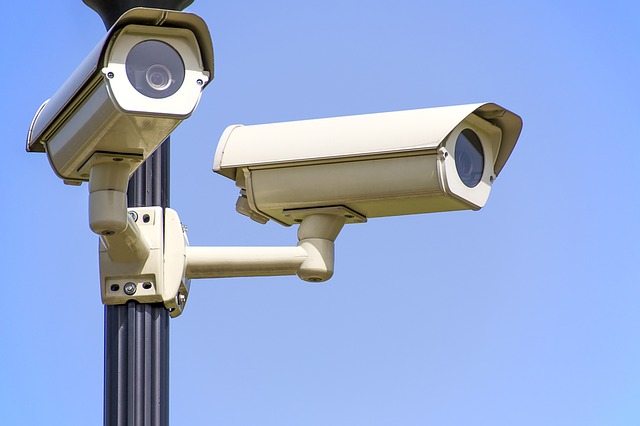The Social Credit System by the Chinese Communist party leverages the benefits of the internet to control its external environment. Pioneers of the internet predicted that in the future, the information would be readily available, and there would be a decline of authoritarian regimes.
The Social Credit System is a reputation system being developed by the Chinese government to standardize the assessment of citizens’ and businesses’ economic and social reputation by 2020.
Former Chinese leader Jiang Zemin said the social credit system is needed to merge rule by law and rule by virtue.
Social credit system effects on average citizens
The social credit system isn’t ultimately designed for citizens to either gain or lose points. Several inputs feed the system like legal inputs, court records, and financial inputs.
There are also third-party inputs collated from surveillance video, blacklist, citizen’s sentiment on social media, and records on public websites.
This social credit system applies to companies as well. For instance, Muji’s Shanghai branch had a mark of dishonesty on its credit record with the Shanghai government because one of its products was labeled “Made in Taiwan.”
In 2018, the credit system report prevented 17.5 million people from buying flights. There are already checks and blacklists in the system. However, the technology supporting the credit system is new, and with time the impact will be felt more.
Nevertheless, the social credit system does recognize user’s privacy with privacy regulations. Wherever the party’s power begins, privacy stops there.
The credit system will be most active in Xinjiang, where there are more Muslim populations. The Communist party developed a virtual police state in Xinjiang to control the population. There are QR codes on the front doors of every home, and when someone leaves through the back door instead, it raises suspicion.
Aside from the Uighurs, the communist party has a file on outspoken researchers such that they live in fear. Suffice it to say that these transgressions are not done only in communist countries, but also in democratic ones.
Disadvantages and risks of security programs
Most of the Chinese-designed tech infrastructure has an in-built security system, and it is oblivious on which dates data are collected.
Although, these elements of monitoring are already in existence in western life. For instance, fitness tracking helps users earn discounts on health insurance. There is also the use of machine learning to identify potential abuse victims.
However, the disadvantages and risks of such programs are not easily observed, with more data literacy programs, individuals will understand the privacy issues concerning a home-security camera. Invasion of privacy concerns the collection and use of data without the permission of the owners.
We need to be very careful. It’s easy to see what the benefits are, but we aren’t adequately defining the risks. Some of the problems can be dealt with by introducing more data literacy programs so that individuals understand the privacy issues concerning a home-security camera or other Chinese smartphones and smart home products.
Be duly informed about the social credit system in your country and how to get protection.







